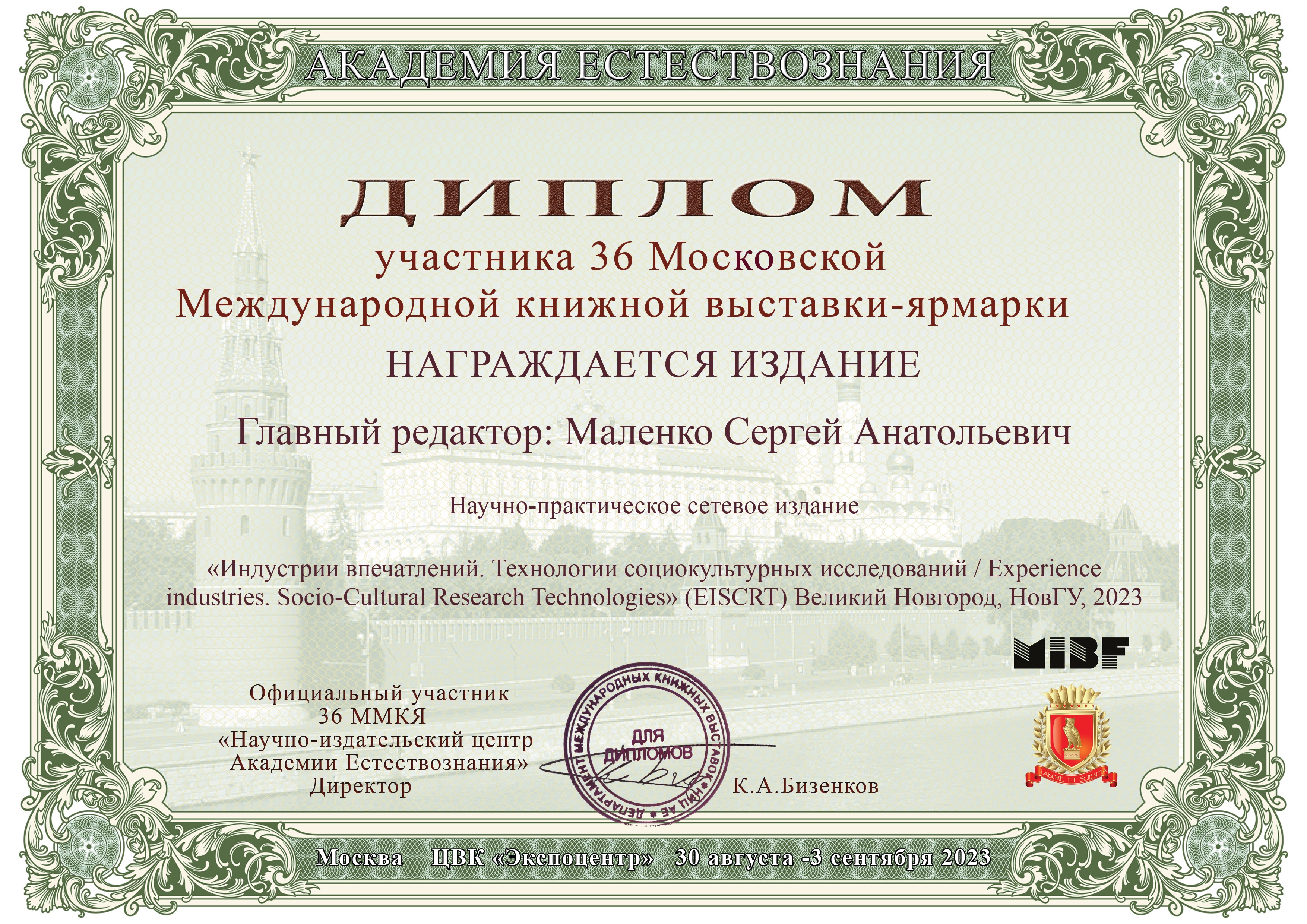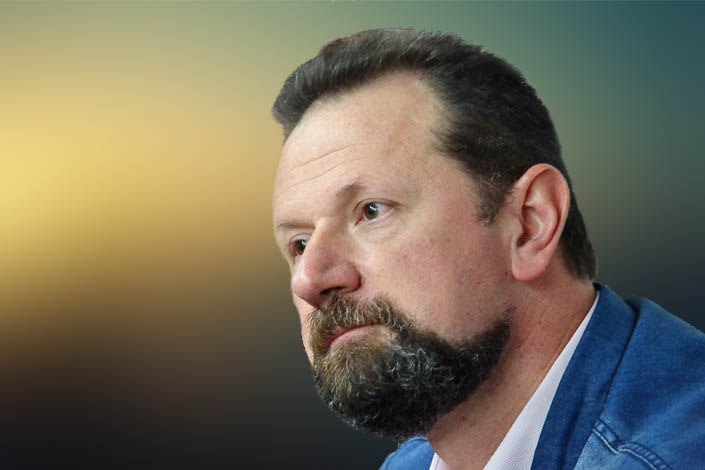INCULTURATION OF VISUALLY IMPAIRED AND BLIND VIEWERS IN THE SPACE OF IMMERSIVE 4D THEATER
DOI:
https://doi.org/10.34680/EISCRT-2025-2(11)-146-179Keywords:
immersive theatre, socially-oriented art, inclusive theatre, innovations in art, cultural integration of people with disabilities, people with disabilitiesAbstract
The article discusses inclusive and socially-oriented immersive, and other integration technologies in the development of directing inclusive theater, integrating visually impaired and blind spectators into a generally accessible socio-cultural space. The innovative audio-tactile and well-proven interactive and immersive technologies and techniques comprehensively used by Shakespeare's theater from Tyumen make it possible to significantly fill the content and semantic gaps in the understanding of publicly available stage works associated with the problems of perception of the visual component of theatrical performances by visually impaired and blind spectators (while modernly not infringing on the "spectator rights" of people with ordinary vision). Theatrical performances created in this format have not just an inclusive, but an integrative meaning, creating a fully integrative theatrical environment, where people with visual impairments have almost the same "spectator capabilities" as people with ordinary vision. These productions are not adapted, not adjusted, not adjusted to the needs of the visually impaired viewer, but are initially created taking into account his characteristics. The use of inclusive and integrative technologies in the direction of performing arts are key steps in solving the difficult task of creating integrative stage works intended for various categories of spectators with certain disabilities.








